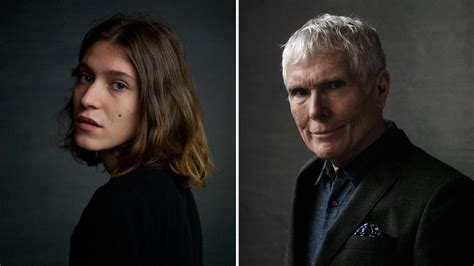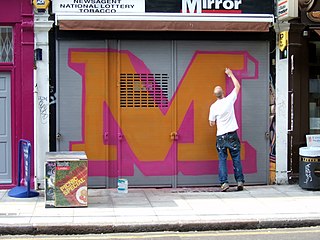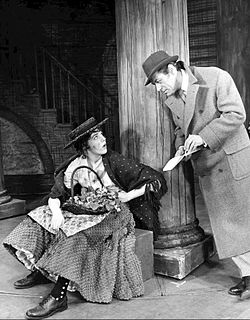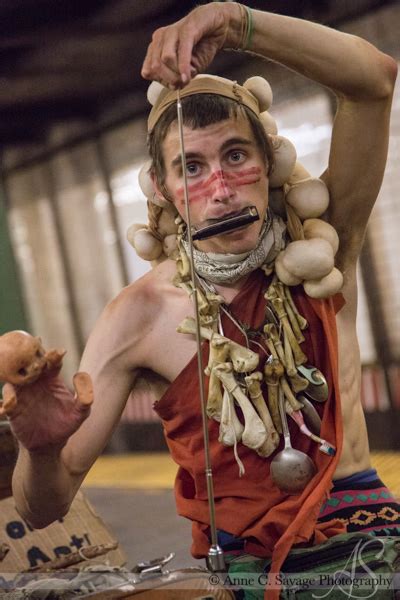A Quote by JR
The Internet doesn't always play a great role for art, especially art in the street, as people take what they see for the final image of it. But the most interesting thing about street art is to see it for real, to understand what it means and where it's displayed.
Related Quotes
When it comes to the street-art world, there are a lot of people who realize if they go out and put up a few pieces of street art and photograph them really well, even if their locations weren't actually that high-profile or dangerous, with the level of exposure they get from the Internet, with a large audience, they can maintain that rebel cache by having it be theoretically documented street art.
I love knowing and learning about people around the world displaying my art online. Also, it's how I learn about new artists that are in various parts of the world. The positive thing about Tumblr and Instagram is that they're a fantastic platform for art lovers. I also like, when I search for my art and it says, "see also or related artists," and I see those other artists that relate to me, at least according to the internet. I think it's fascinating - it's interesting to see hashtags people are using in relation to my work. It's another tool of communication.
I like art with a sense of humor. I don't have a huge art education to understand everything. I don't think that means that art has to be watered down to the lowest common denominator, though. I don't think you have to go to college to be able appreciate great art, but I like art that doesn't take itself too seriously.
I'm interested in confronting police brutality and police abuse of cracking down on street performers and street artists, but also in valorizing street art as legitimate performance within the artistic sphere, where it's so often conflated with pan-handling and begging and not "successful" art. I want to change laws around street performance.
The first thing is to accept that theater is an unknown. If you go to a concert, you know the music. If you go to an art show, you can literally see the art on your phone before you see it in person. But with theater, often times people aren't prepared to take risks, even though that's exactly what's great about it.
Fine art, that exists for itself alone, is art in a final state of impotence. If nobody, including the artist, acknowledges art as a means of knowing the world, then art is relegated to a kind of rumpus room of the mind and the irresponsibility of the artist and the irrelevance of art to actual living becomes part and parcel of the practice of art.
Fairfield Porter who has been my model for art writing all along, said that if the most interesting thing about a work of art is its content, it's probably a failure. I think it's true that if you find yourself thinking about the meaning in an author's message, it's probably not very interesting as art. Obviously, this is a tough concept, because if you withdraw intention.
Art makes people do a double take and then, if they're looking at the picture, maybe they'll read the text under it that says, "Come to Union Square, For Anti-War Meeting Friday." I've been operating that way ever since - that art is a means to an end rather than simply an end in itself. In art school we're always taught that art is an end in itself - art for art's sake, expressing yourself, and that that's enough.







































